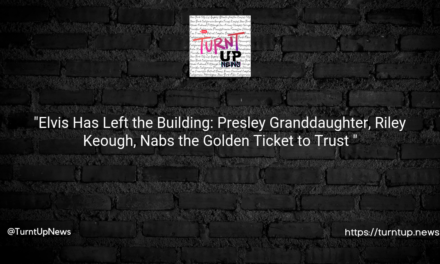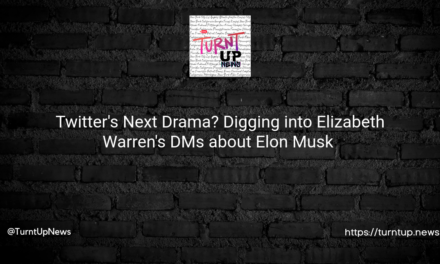🕊️ Biden Drops Mic: Emmett Till’s Legacy to Shine Brighter Than Ever 🎤
TL;DR: Biden is about to roll out a new national monument in honor of Emmett Till, a key figure whose tragic story bolstered the civil rights movement. This move shines a light on the controversial debates on how we teach American history. 🔍📚
In a world where taking a knee can create shockwaves 🌊, and Twitter storms ⛈️ arise from the most unexpected quarters, we find ourselves asking: what events truly shape our history? Enter the story of Emmett Till, the Black teen whose tragic murder in 1955 didn’t just make headlines, but sparked a wildfire of activism, leading to the birth of the civil rights movement. And guess what? Next week, on what would have been his 82nd birthday, President Joe Biden plans to cement Till’s legacy with a national monument. Epic move, right?
But wait, why Emmett Till? 🤔 For the uninitiated, Till, just a 14-year-old kid from Chicago, became the face of a national outcry when he was beaten and shot during a visit to Mississippi, apparently for whistling at a White woman. 😲 The emotional whirlwind didn’t stop there. Till’s mother, the incredibly brave Mamie Till-Mobley, made the heart-wrenching choice of an open-casket funeral. Why, you ask? So that the world could see the horrifying effects of blind prejudice and racial violence. 🖤
So, where’s this monument going to be? 📍 Well, parts of it will be located in Illinois (Till’s home state) and parts in Mississippi (where the tragic event occurred). It’ll encompass three poignant sites: The Roberts Temple Church of God in Christ in Chicago where Till’s funeral took place, Graball Landing in Mississippi where Till’s body was found, and the Tallahatchie County Second District Courthouse in Sumner where, brace yourself, an all-White jury acquitted Till’s murderers. 😔
All this monument talk might seem just a tribute, but hold onto your hats, it’s more than just that! 🎩 The move ties into the current buzz about how we teach the uncomfortable and painful parts of American history in schools. Some states seem to be playing the “let’s not offend anyone” game 🙈, setting standards that many believe wash down the grim realities of slavery and racial violence. But this new monument, according to White House insiders, is a firm step in the Biden-Harris Administration’s commitment to promoting civil rights and ensuring America’s history isn’t swept under the carpet. 🇺🇸
Now, it’s time for some real talk. 🎤 Given the tumultuous backdrop of debates on education policies, like the ones in Florida that kinda-sorta suggest that slaves had some perks(?!) and that there were acts of violence “against and by” African Americans, isn’t it high time we started having more open conversations? How can we ensure that the next generation is well-informed, without biases clouding their judgment?
So, the real question here: Do national monuments like this pave the way for change, or are they just symbolic gestures? 🤷♂️ What’s your take? 🗣️👇





